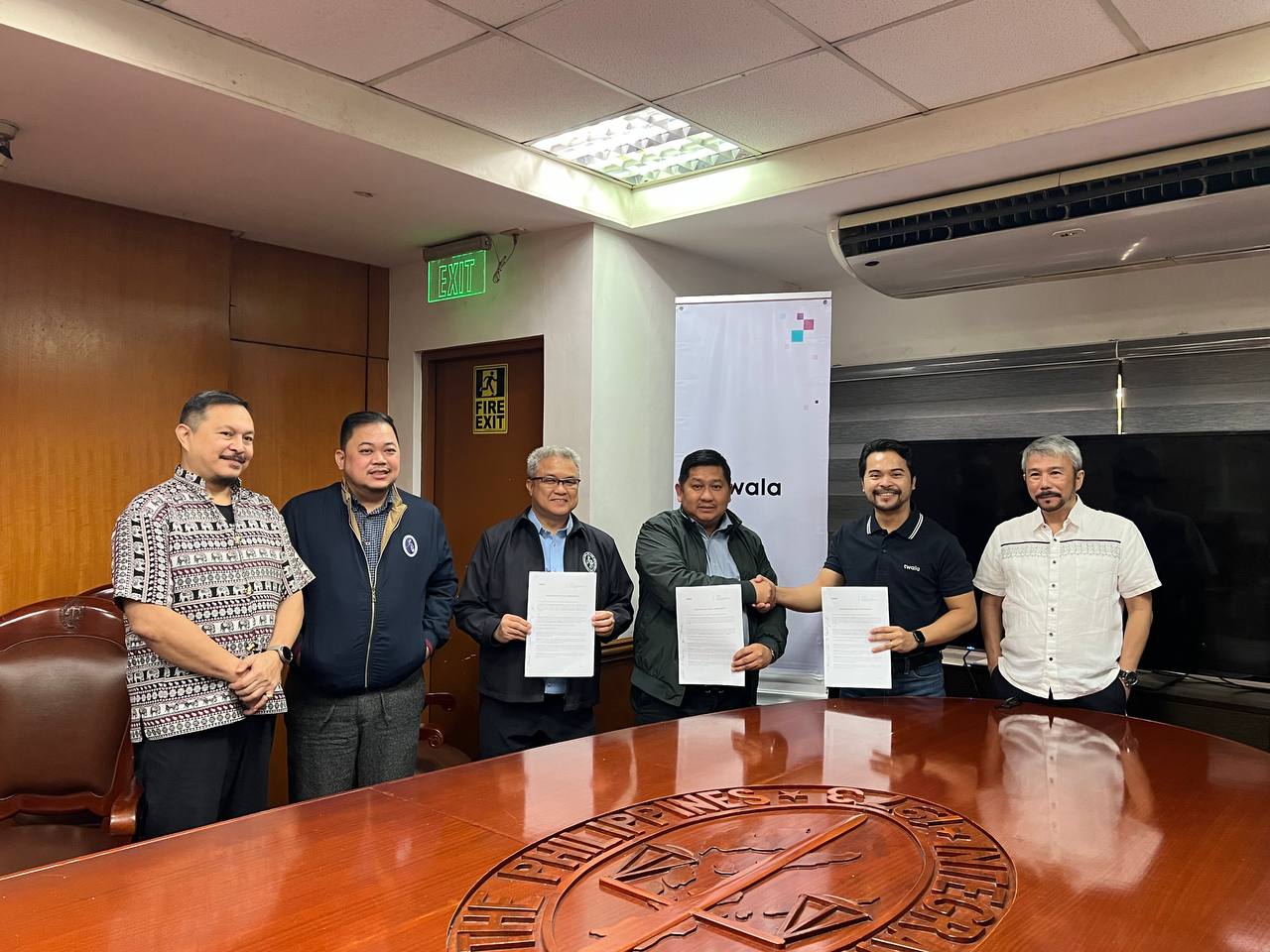In 2022, the Bangko Sentral ng Pilipinas (BSP) introduced new rules that allow the use of electronic signatures (e-signatures) for opening bank deposit accounts. This move is part of the BSP’s effort to modernize banking in the Philippines and support the country’s shift toward digital financial services.
Section 276: Miscellaneous Rules on Deposits
Under BSP Circular No. 1163, Series of 2022, banks must now follow updated guidelines for opening deposit accounts:
- Specimen Signatures, Electronic Signature or Biometrics: Banks are required to collect at least three specimen signatures from new depositors. These can be in the form of wet signatures, electronic signatures, or biometrics (fingerprints, iris scans, or facial recognition). Banks may also request clear ID photos from depositors if necessary.
- E-Signature Acceptance: Electronic signatures are accepted according to Section 8 of the Electronic Commerce Act of 2000 (RA 8792), ensuring that digital signatures are legally recognized for banking transactions.
A Shift Towards Digital Banking
The banking industry in the Philippines has been steadily moving towards digital services, a trend that accelerated during the COVID-19 pandemic. To keep up with changing customer needs and improve access to financial services, the BSP issued Circular No. 1163 in 2022, which allows banks to accept e-signatures for opening deposit accounts.
Customers no longer need to provide handwritten signatures for new accounts. As long as e-signatures meet the BSP’s security requirements, they are considered valid and legal for authentication. This shift is meant to make banking easier, more secure, and more accessible for all Filipinos.
Benefits of the New Rules
- Convenience and Accessibility: Customers can now open deposit accounts remotely without visiting a bank branch. This is especially helpful for people in rural areas or overseas.
- Boosting Financial Inclusion: The BSP aims to provide more Filipinos with access to banking services, particularly those in underserved or unbanked communities. Digital account opening through e-signatures makes this possible.
- Enhanced Security: Although e-signatures may seem less secure than handwritten ones, digital signatures use advanced encryption methods to ensure authenticity and integrity. Biometrics, such as fingerprints and facial recognition, also provide an additional layer of security.
- Operational Efficiency for Banks: By using digital signatures, banks can streamline account-opening processes, reduce paperwork, and lower administrative costs. This allows them to serve more customers effectively and improve the overall customer experience.
Regulatory Safeguards
The BSP ensures the safe use of e-signatures by requiring banks to use strong identity verification processes and secure digital communication channels. Banks are also expected to maintain accurate transaction records and be transparent with customers about the terms and conditions of using e-signatures.
Regular audits by the BSP ensure that banks comply with these rules and maintain the security of customer information. The BSP's guidelines emphasize that the use of e-signatures should not compromise the security of transactions or customer data.
The Future of Banking in the Philippines
The BSP’s decision to allow e-signatures and biometrics in banking is a step toward a more digital and inclusive future. As more Filipinos gain access to the internet and smartphones, the banking industry will continue to evolve, offering more convenient and secure services.
These changes are part of a larger effort to build a modern financial system that meets the needs of the public. With e-signatures and biometrics now officially recognized, both banks and customers can benefit from easier, faster, and more secure transactions in the years to come.
Reference: BSP Circular No. 1163, Series of 2022



.png)

.png)
